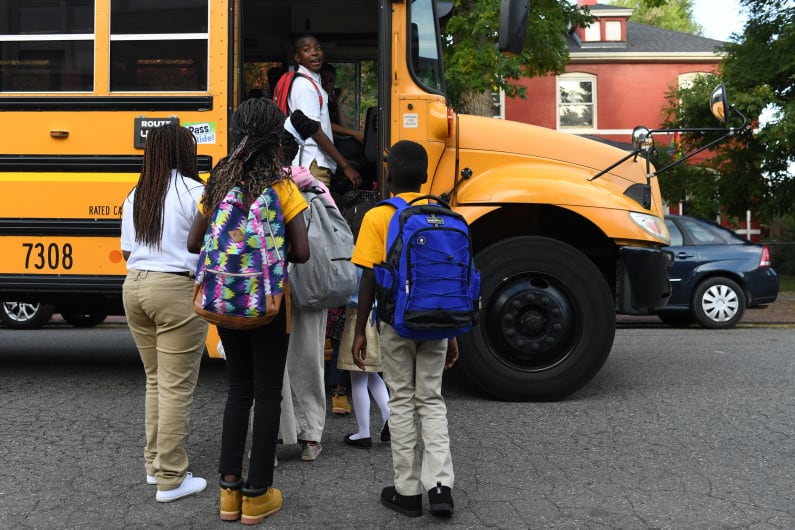School consolidation and closure are coming to Denver. The school board Thursday passed a resolution that directs Denver Public Schools staff to help parents, educators, and neighbors come up with options for reducing the number of small schools in the district.
A community engagement process is set to start this fall, with changes expected in the fall of 2023, according to a district timeline. The resolution doesn’t specify which schools will be affected. Instead, it calls for “a districtwide process to review under-enrolled schools.”
“What this resolution really does is put on the table that this is something that we need our best thinking on,” said board Vice President Jennifer Bacon, calling it a district priority.
Enrollment is declining in Denver, and elementary schools have been hardest hit. In the past six years, the district has lost about 5,000 elementary-aged children, or 16 schools’ worth of kids. The trend is being driven by declining birth rates and rising housing prices that push families out of the city, though the COVID pandemic has exacerbated the losses.
Denver Public Schools had 20 district-run elementary schools with fewer than 300 students this past year, according to state enrollment data. Denver schools are funded per pupil, and 300 students is the minimum a school needs for the district to consider it financially viable.
Other Colorado districts, including Jeffco and Aurora, face the same problem.
Rather than dictate solutions, the Denver board wants community members to come up with options. A board resolution unanimously passed Thursday says the options should meet the district’s need to consolidate schools and ensure that elementary schools can enroll at least 300 students. The district has yet to set a minimum enrollment threshold for middle and high schools, some of which are small and specialized by design.
The board said it wants to hear the pros and cons of each option presented by the community. If two schools merge and one building becomes vacant, the board also wants to hear the neighborhood’s ideas for how to use the vacant building.
“The phrase you’re going to see over and over throughout this resolution is ‘community:’ That we start our conversations there, we get our recommendations there, and we recognize these decisions shape and affect communities,” said board member Brad Laurvick, who represents northwest Denver, a region of the city hard hit by declining enrollment.
The resolution encourages all types of schools to participate in the conversations. In the past three years, nine independently run charter schools in Denver have closed or announced that they will. Most have cited low enrollment as a reason.
Denver has closed or consolidated district-run schools before, either because of declining enrollment or low test scores. But the process hasn’t always been collaborative. Parents and educators have complained that the district doesn’t take their opinions into account.
The approach outlined in the resolution is a departure from that, board members said. Angela Cobián, who represents southwest Denver, another area with significant enrollment declines, described it as “a commitment to students and families in making sure we are co-creating a district that will prioritize … students as our north star.”







